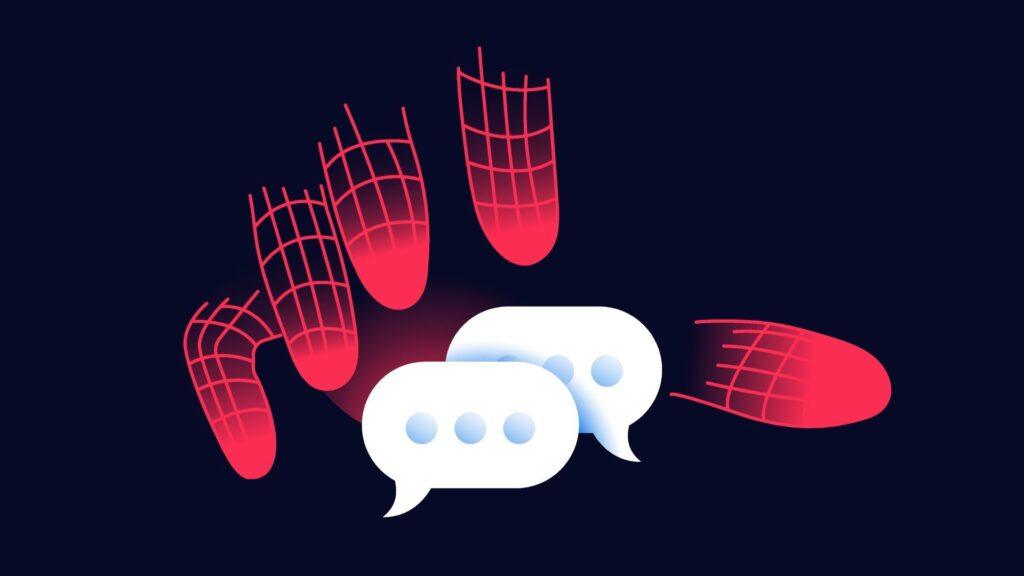- Internet freedoms have decreased in 2025 for the 15th consecutive year
- Half of the 18 countries classified as ‘Free’ have experienced a decline
- Authoritarian governments are exporting censorship tactics
Today the Internet is more controlled and manipulated than ever.
That is the verdict of the annual Internet Freedom report published on November 13. It found that global Internet freedoms have worsened for the 15th year in a row this year.
The process is not exclusive to authoritarian nations either. Nine of the 18 countries with an Internet freedom status of “Free” have lost ground, with the biggest drops seen in Georgia, Germany and the United States.
In 2025, citizens around the world were once again forced to find new ways to protect their digital rights. This has driven demand for tools like the best VPNs and other technologies to bypass censorship.
A decline in democratic values
During the coverage period (June 2024 to May 2025), the largest decline in Internet freedoms occurred in Kenya. In June, the government carried out a violent crackdown on protests nationwide, closing the Internet for the first time in the country’s history.
This was indicative of a broader trend that continued in several other democracies.
“In a worrying trend, conditions in democracy suffered, and half of the 18 countries classified as free by Freedom on the Net experienced declines in their score. Only two improved,” confirmed Freedom House research analyst for technology and democracy, Grant Baker.
Georgia experienced the most significant decline of all countries previously classified as “free.” This recession, Baker explains, came after the ruling party enacted “repressive measures” against civil society and independent media in August 2024.
Even more surprising, perhaps, Germany is next on this list. Since February, the new government “has launched criminal proceedings against people who made memes about politicians, invoking laws against insult and hate speech,” Freedom House noted. Levels of self-censorship have also increased across the country.
📣NEW: #FreedomOnTheNet 2025 is now LIVE! Mass protests, deepening censorship, and threats to free speech fueled the 15th consecutive year of decline in global Internet freedom. Online rights conditions deteriorated in 27 of the 72… pic.twitter.com/5AfPH49wgnNovember 13, 2025
He USA recorded the next biggest drop among countries classified as “Free” this year, after Georgia and Germany. Experts detailed that the Trump administration detained several foreign nationals for a month or two after revoking their visas due to nonviolent expression online.
“The online environment remained diverse and free, fueled by the protections offered by the First Amendment of the United States Constitution. However, increasing restrictions on civic space threatened to stifle digital activism,” Baker said.
While the setbacks among established democracies are worrying, the broader picture is still defined by extreme digital repression in authoritarian contexts.
Porcelain and Burmafor example, they are still at the bottom of the rankings, while Iceland maintained its place as the freest, followed by Estonia.
Same tactics, different governments
China, Myanmar and Russia remain at the forefront of global Internet censorship and information controls. And they continue to develop new techniques and technologies to improve their capabilities.
However, experts also discovered growth: the deliberate cross-border spread of censorship technology and repressive tactics between like-minded governments.
As we previously reported, China is helping Pakistan build an internet censorship system similar to the Great Firewall, and according to Freedom House, Ethiopia, Kazakhstan, Myanmar, Cambodia and Belarus are also busy building similar infrastructure.
Given these trends, it is highly likely that we will also see an increase in coordinated VPN censorship campaigns in these countries.




